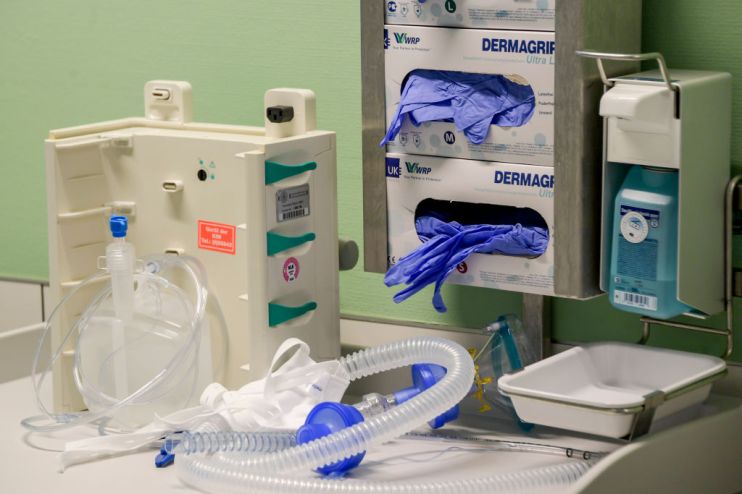Covid-19 will hit emerging economies hard

Coronavirus has stopped both the medical and economic worlds in their tracks. If last week’s preliminary data flashes are anything to go by, the global economy is en route to a recession that will surpass 2008 both in speed and in magnitude.
The OECD (Organisation for Economic Co-operation and Development) estimated last week that the shutdowns could lead to “a decline in the level of output between one fifth to one quarter in many economies”.
The longer term impact of course will be determined by the duration of the lockdowns and how businesses navigate these times.
No surprise then that we are seeing advanced economies unveil sizeable packages seeking to subsidise workers’ incomes, and provide tax relief and loans to affected businesses. The CARES package unveiled by the United States last week alone amounted to nine per cent of GDP, twice as big as the stimulus unveiled during the global financial crisis.
Citi economist Dana Peterson’s research estimates that in order for fiscal policy actions to have a significant effect in mitigating Covid-19 related shutdowns, the actions would need to be equivalent to five per cent of GDP or more. So far, most countries in Europe and the Asia-Pacific region are meeting that threshold.
But what about emerging markets? The risk here is twofold: first is one of a country’s healthcare ability and the second is the financial capability to deal with economic shocks of this magnitude.
An OECD study from 2018 showed that for every 1,000 inhabitants, South Korea has 12.3 hospital beds available. The equivalent number in India is 0.5 — a worryingly low ratio for a country that boasts a population of over 1.3bn people. As India has just started to see its number of Covid-19 cases rise, Prime Minister Narendra Modi took the unprecedented step last week of declaring a nationwide lockdown of the world’s fifth largest economy for 21 days — a measure that Modi deemed vital to protect the nation.
The medical challenge is thus huge, but so is the economic challenge. Teneo Intelligence screened emerging markets on various metrics including crisis management ability as well as monetary and fiscal policy space. Three countries stood out as high risk: Nigeria, South Africa, Turkey — all countries with limited financial firepower with the latter two having a relatively high hospitality exposure.
There is reason for optimism though. Citi’s David Lubin points out that many emerging markets today are much more resilient to capital flow shocks than they were in 2013 with the “median current account deficit unfunded by foreign direct investment at 0.5 per cent of GDP last year from two per cent in 2013.”
Leverage has also fallen across emerging markets and while external debt has risen, vulnerabilities arise only for idiosyncratic cases such as highly-indebted Argentina and foreign exchange unhedged Turkey.
The International Monetary Fund is keeping a close eye, last week calling for a doubling of its $1 trillion war chest of financing capacity to help deploy more funds toward emerging market economies.
Unfortunately, its plea has gone unheeded. If things get worse for emerging markets in the next few months, that might have to change.
Main image credit: Getty